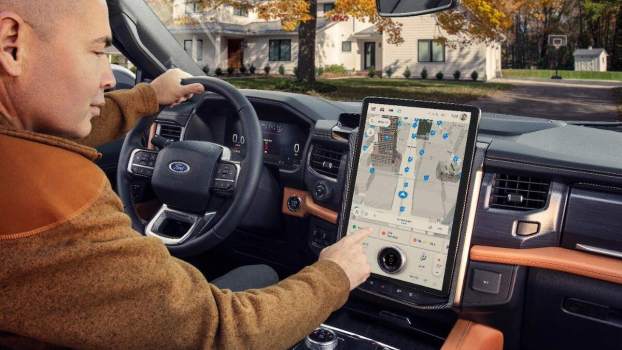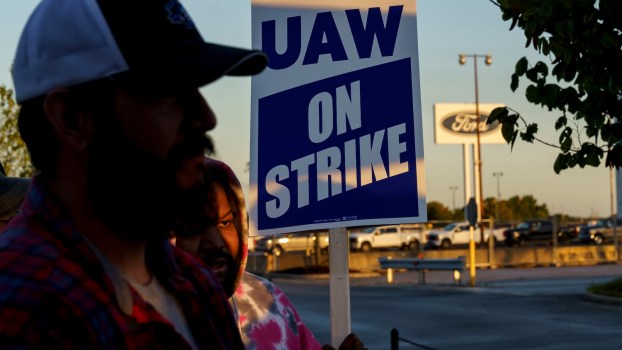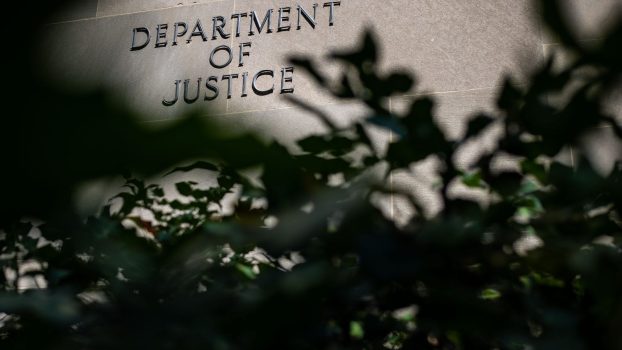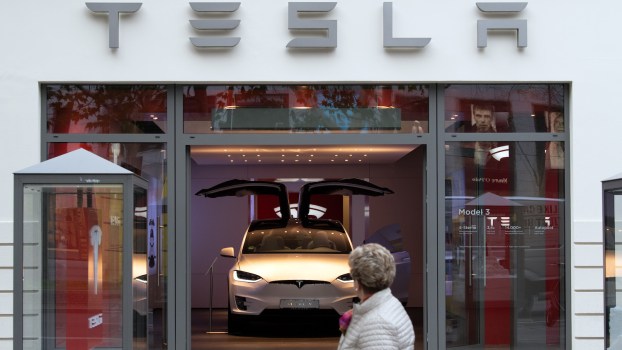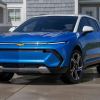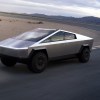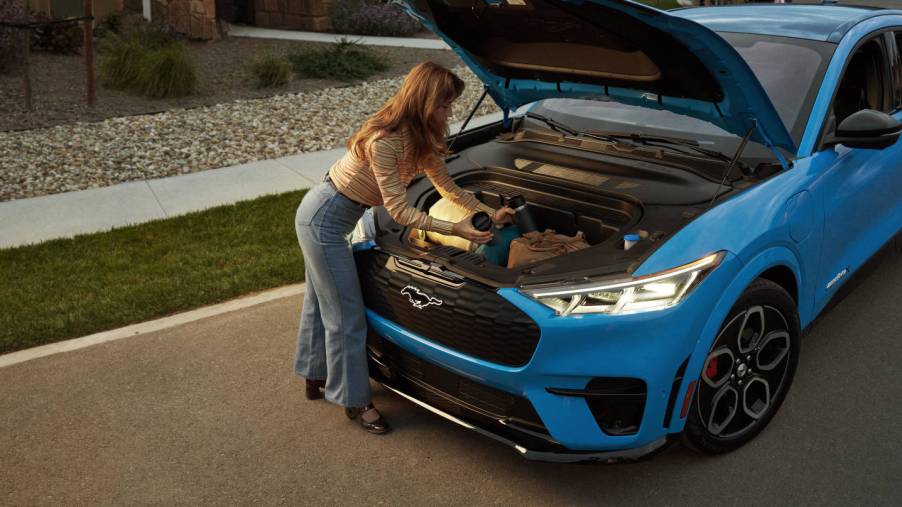
400 Ford Dealerships Pump the Brakes on Stocking EVs, Big Mistake
Electric vehicles suffered a series of setbacks in 2023. Automakers slowed EV production during the UAW strikes, satisfaction with the charging network is dropping, and used EV prices are plummeting as 1 in 5 early adopters go back to gas power. Now, hundreds of Ford dealerships are changing their minds about offering EVs. Despite the lapses in EV adoption, this dealership coup is a shortsighted shakedown of Ford Motor Co. by some greedy franchise owners. And if they carry on like this, they might kill the franchise-owned dealership network completely.
Who should foot the bill for the EV transition?
The electrification revolution will not be cheap. The automakers researching and developing all-new platforms will lose money for a decade or more–for the first time in generations. In addition, someone needs to invest in a robust public charging network and a small army of technicians trained in repairing EVs. At the moment, the government, automakers, and dealerships are playing hot potato with the bill.
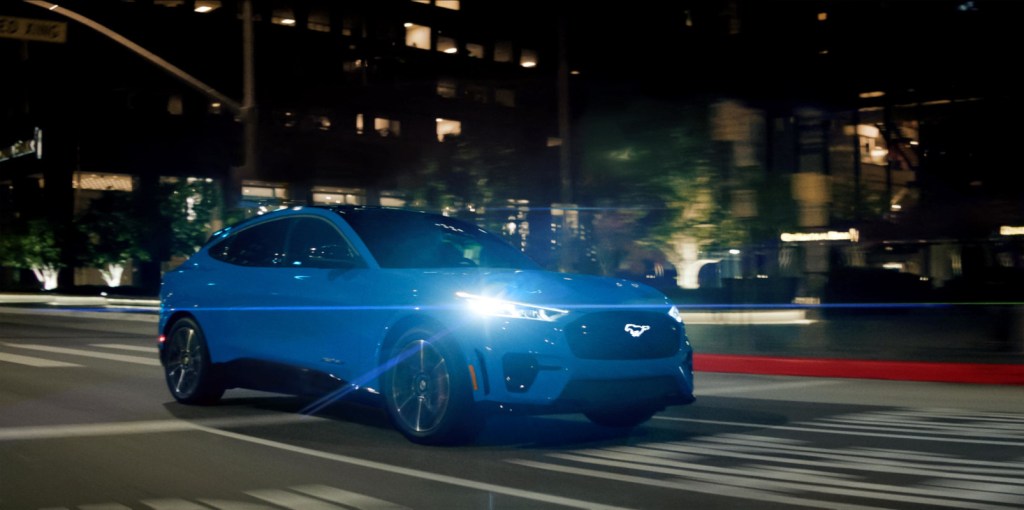
Ford announced a “Model e Certified” program for dealerships that want to sell EVs. It is completely voluntary for franchise owners selling ICE vehicles and is only required if you want to sell Ford EVs. The program requires the dealerships train technicians to work on EVs before, you know, selling EVs. It also requires them to install DC fast chargers. Because, who is going to buy an EV with a flat battery?
Ford dealerships fought back
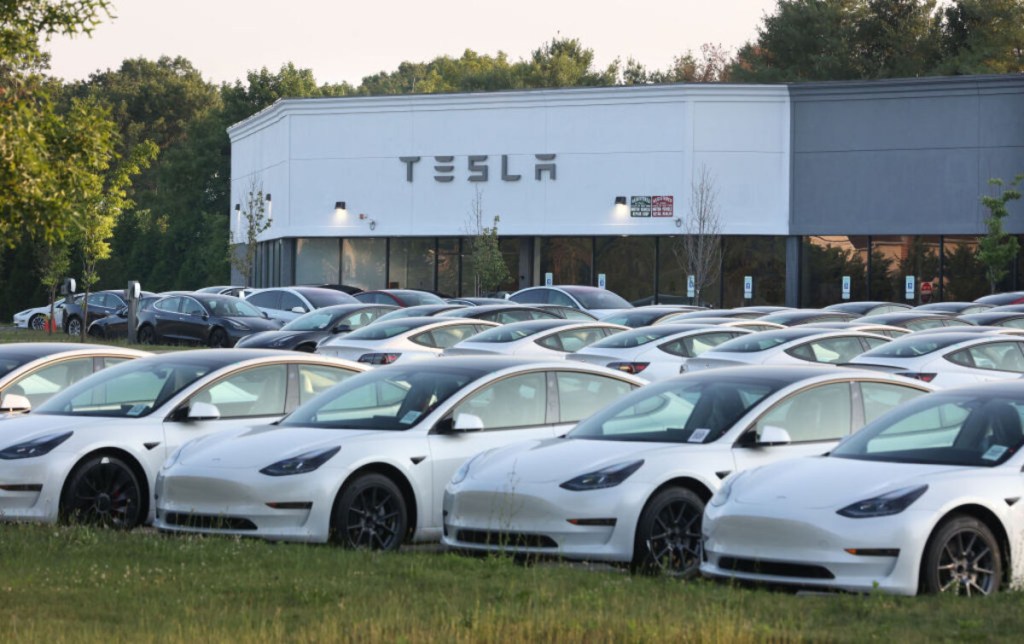
To be blunt, Ford’s requirements were reasonable. I’ve already mentioned that dissatisfaction with the charger network is dropping; charging is likely one of the main reasons people are getting rid of EVs. If the dealership has a charger, you at least know you can top your EV off where you bought it. And, of course, these should be DC fast chargers that can charge you up in 30 minutes, not one of the cheap charge-all-night units.
We also badly need technicians who can work on EVs: When my brother went to a dealership to pick up a used EV he’d bought, he found it in the shop, having the wheel bearings replaced. I suspect an ignorant service writer heard the electronic whining noise all EVs must legally produce at low speeds and misdiagnosed a wheel bearing issue on a nearly-new car. As comical as the mix-up was, it illustrates how important it is for dealerships to train people on new powertrains before offering them.
Will it cost dealerships a bit extra to prepare to sell EVs? Absolutely. Getting your Ford dealership to the highest “Model e Certified” level could set you back over $1 million. But average EVs also cost 40% more than comparable ICEs, and thus, dealerships’ markups could increase if they play their cards right.
But after Ford’s reasonable requirements, dealerships went crazy. You’d think Ford demanded an arm, a leg, and their firstborn child for the privilege of selling a Mustang Mach E. Illinois dealerships even took Ford to court and won! So Ford cut the dealership contribution for training new techs in half, reduced the number of chargers each dealership must install, and extended the deadline to meet these requirements. But 400 dealerships still dropped out of the program.
Will the dealership survive the electrification revolution?
I certainly hope so. But dealerships aren’t doing themselves any favors.
As we buyers navigate a complex market with many powertrain options, dealerships can play a key role in helping us make the best decision based on our local infrastructure and charging network. Keeping local franchise owners also gives us a path to lodge complaints with a multinational conglomerate. But startups such as Tesla are replacing franchise-owned dealerships with corporate-owned “showrooms.” This threatens to kill an important small business in the U.S.
As part of the “Model e Certified” program, Ford Motor Co. is establishing a series of “retail replenishment centers” nationwide. In the short term, it will just keep inventory at these locations. But the writing on the wall is that with such an infrastructure, Ford could dramatically reduce–or even eradicate–its network of franchise-owned dealerships. This latest tantrum by a few hundred Ford dealerships may end up hurting us all.
Next, read why Dodge dealerships are charging extra for EV horsepower, or learn more about the Ford dealerships choosing not to sell EVs in the video below:
